Opinion
What I Stand For
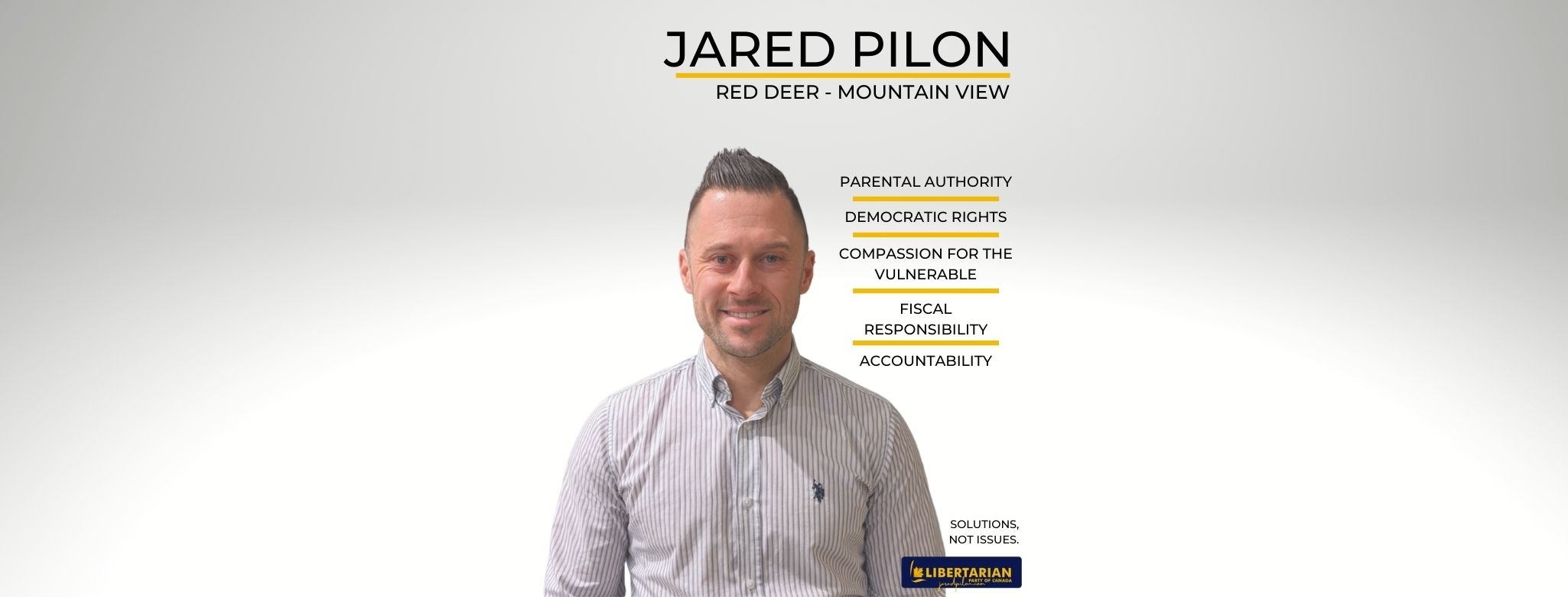
Agriculture
Liberal win puts Canada’s farmers and food supply at risk
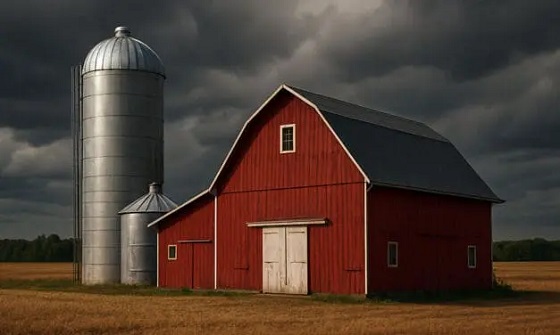
This article supplied by Troy Media.
A fourth Liberal term means higher carbon taxes and trade risks. Could Canada’s farmers and food security be on the line?
The Liberal Party, now led by Mark Carney, has secured a fourth consecutive term, albeit once again with a minority mandate. This time, however, the Liberals have a stronger hand, as they can rely not only on the NDP but also the Bloc Québécois to maintain power.
This broader base of parliamentary support could provide much-needed political stability at a crucial time, particularly as Canada prepares for a new round of trade negotiations with the United States and Mexico.
For the agri-food sector, the implications are significant. From carbon taxes to trade rules, federal decisions play a decisive role in shaping the costs and risks Canadian farmers face.
First and foremost, carbon pricing will remain a central issue. Carney has made it clear that the industrial carbon tax will stay—a policy that continues to erode the competitiveness of Canada’s agri-food sector, where fuel, fertilizer and transportation costs are especially sensitive to carbon pricing. The tax, currently set at $95 per metric tonne, is scheduled to climb to $170 by 2030.
While consumers may not see this tax directly, businesses certainly do. More concerning is the Liberals’ intention to introduce a border carbon adjustment for imports from countries without equivalent carbon pricing regimes. While this could theoretically protect Canadian industry, it also risks making food even more expensive for Canadian consumers, particularly if the U.S., our largest trading partner, remains uninterested in adopting similar carbon measures. Acting alone risks undermining both our food security and our global competitiveness.
Another looming issue is supply management. Although all parties pledged during the campaign not to alter Canada’s system for dairy, poultry and eggs, this framework—built on quotas and high import tariffs—is increasingly outdated. It is almost certain to come under pressure during trade negotiations. The American dairy lobby, in particular, will continue to demand greater access to Canadian markets. The Liberals have a chance to chart a more forward-looking path. Modernizing supply management could lead to a more competitive, resilient industry while providing consumers with greater choice and better prices.
The previous Parliament’s passage of Bill C-282, which sought to shield supply managed sectors from all future trade negotiations, was a deeply flawed move.
Fortunately, the new parliamentary makeup should make it far less likely that such protectionist legislation will survive. A more pragmatic approach to trade policy appears possible.
On the domestic front, there are reasons for cautious optimism. The Liberals have promised to eliminate remaining federal barriers to interprovincial trade and to improve labour mobility, longstanding obstacles to the efficient movement of agri-food products across Canada. For example, differing provincial rules often prevent products like cheese, meat or wine from being sold freely across provinces, frustrating farmers and limiting consumer choice. Momentum was building before the election, and it must continue if we are serious about building a stronger domestic food economy.
Infrastructure investment is another bright spot. The Liberals pledged more than $5 billion through a Trade Diversification Corridor Fund to upgrade Canada’s severely undercapitalized export infrastructure. Strategic investment in trade gateways is overdue and critical for agri-food exporters looking to reduce reliance on the United States and expand into global markets.
Finally, the Liberal platform was alone in explicitly committing to support food processing in Canada, a crucial pillar of domestic food security. An increased focus on manufacturing will not only create jobs but also reduce reliance on imported food products, making Canada more resilient in the face of global disruptions.
Farmers have long felt sidelined by urban-centric Liberal governments. The past four years were marked by regulatory and trade clashes that deepened that divide. The hope now is that with greater political stability and a clearer focus on competitiveness, the next four years will bring a more constructive relationship between Ottawa and Canada’s agri-food sector.
If the Liberals are serious about food security and economic growth, now is the time to reset the relationship with Canada’s farmers, not ignore them yet again.
Dr. Sylvain Charlebois is a Canadian professor and researcher in food distribution and policy. He is senior director of the Agri-Food Analytics Lab at Dalhousie University and co-host of The Food Professor Podcast. He is frequently cited in the media for his insights on food prices, agricultural trends, and the global food supply chain.
Troy Media empowers Canadian community news outlets by providing independent, insightful analysis and commentary. Our mission is to support local media in helping Canadians stay informed and engaged by delivering reliable content that strengthens community connections and deepens understanding across the country.
Frontier Centre for Public Policy
Trust but verify: Why COVID-19 And Kamloops Claims Demand Scientific Scrutiny
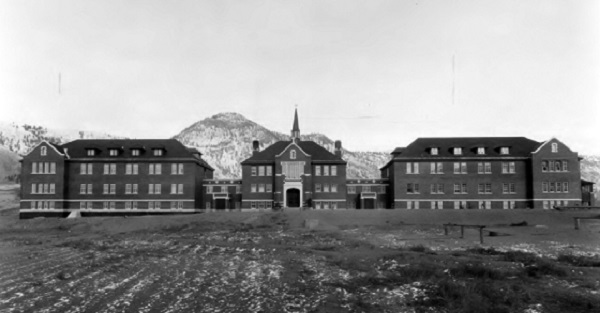
From the Frontier Centre for Public Policy
Senior Fellow Rodney Clifton calls for renewed scientific scrutiny of two major Canadian narratives: COVID-19 policies and the Kamloops residential school claims. He argues that both bypassed rigorous, evidence-based evaluation, favouring politicized consensus. Critics of pandemic measures, like Dr. Jay Bhattacharya, were wrongly dismissed despite valid concerns. Similarly, the unverified mass grave claims in Kamloops were accepted without forensic proof. Clifton urges a return to the scientific principle of “trust but verify” to safeguard truth, public policy, and democracy.
COVID-19 and Kamloops claims dodged scrutiny – but the truth is catching up
Do we know the best way to decide if specific empirical claims are true?
Of course we do. The best way is by using the procedures of science.
Scientists critically examine the arguments and evidence in research studies to find weaknesses and fallacies. If there are no weaknesses or fallacies, the evidence enters the realm of science. But if there are weaknesses, the research has low or zero credibility, and the evidence does not become a building block of science.
In a historical context, seemingly good evidence may not remain as science because claims are continually evaluated by researchers. This scientific process is not failsafe, but it is far better than other procedures for determining the truth of empirical claims.
This powerful principle is often called “trust but verify,” and it is the idea behind the replication of scientific results.
Today, many such truth claims demand critical examination. At least two come readily to mind.
The first is the claim that the COVID-19 procedures and vaccines were safe and effective.
It is now abundantly clear that the procedures used during the COVID-19 pandemic bypassed time tested scientific protocols. Instead of open scientific debate and rigorous testing, government appointed “scientists” endorsed government-approved narratives. Canadians were told to social distance, wear masks and, most importantly, get vaccinated—often without transparent discussion of the evidence or risks.
Those who questioned the procedures, vaccines or official explanations were dismissed as “deniers” and, in some cases, ridiculed. Perhaps the most notable example is Dr. Jay Bhattacharya, the Stanford epidemiologist and economist who co-authored the Great Barrington Declaration. Despite being vilified during the pandemic, Dr. Bhattacharya is now the head of the U.S. National Institute of Health.
Five years after the pandemic began, it is clear that Dr. Bhattacharya—and many other so-called deniers—were raising legitimate concerns. Contrary to the portrayal of these scientists as conspiracy theorists or extremists, they were doing exactly what good scientists should do: trusting but verifying empirical claims. Their skepticism was warranted, particularly regarding both the severity of the virus and the safety and effectiveness of the vaccines.
The second claim concerns the allegation that Indigenous children died or were murdered and buried in unmarked graves at the Kamloops Residential School.
In 2021, the Kamloops Indigenous Band claimed that 215 children’s bodies had been discovered in the schoolyard. The legacy media swiftly labelled anyone who questioned the claim as a “denier.” Despite millions of dollars allocated for excavations, no bodies have been exhumed. Meanwhile, other bands have made similar claims, likely encouraged by federal government incentives tied to funding.
To date, this claim has not faced normal scientific scrutiny. The debate remains lopsided, with one side citing the memories of unnamed elders—referred to as “knowledge-keepers”—while the other side calls for forensic evidence before accepting the claim.
The allegation of mass graves was not only embraced by the media but also by Parliament. Members of the House of Commons passed a motion by NDP MP Leah Gazan declaring that Indigenous children were subjected to genocide in residential schools. Disturbingly, this motion passed without any demand for forensic or corroborating evidence.
Truth claims must always be open to scrutiny. Those who challenge prevailing narratives should not be disparaged but rather respected, even if they are later proven wrong, because they are upholding the essential principle of science. It is time to reaffirm the vital importance of verifying evidence to resolve empirical questions.
We still need a robust debate about COVID-19 procedures, the virus itself, the vaccines and the claims of mass graves at residential schools. More broadly, we need open, evidence-based debates on many pressing empirical claims. Preserving our democracy and creating sound public policy depend on it because verifiable evidence is the cornerstone of decision-making that serves all Canadians.
Rodney A. Clifton is a professor emeritus at the University of Manitoba and a senior fellow at the Frontier Centre for Public Policy. Along with Mark DeWolf, he is the editor of From Truth Comes Reconciliation: An Assessment of the Truth and Reconciliation Commission Report, which can be ordered from Amazon.ca or the Frontier Centre for Public Policy.
-

 espionage1 day ago
espionage1 day agoLongtime Liberal MP Warns of Existential Threat to Canada, Suggests Trump’s ’51st State’ Jibes Boosted Carney
-
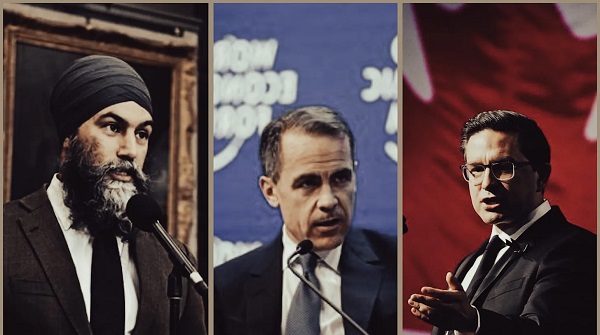
 2025 Federal Election1 day ago
2025 Federal Election1 day agoNDP Floor Crossers May Give Carney A Majority
-
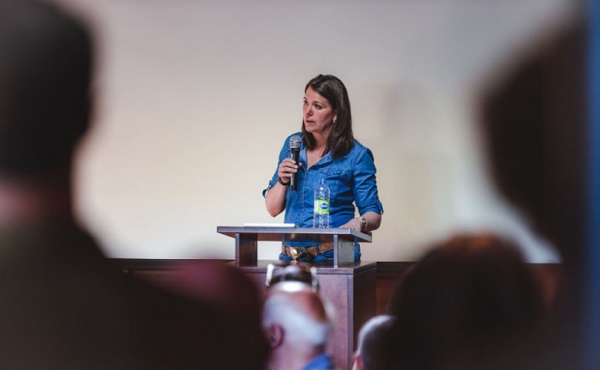
 Alberta2 days ago
Alberta2 days agoPremier Danielle Smith hints Alberta may begin ‘path’ toward greater autonomy after Mark Carney’s win
-

 COVID-192 days ago
COVID-192 days agoCanada’s health department warns COVID vaccine injury payouts to exceed $75 million budget
-

 Business1 day ago
Business1 day agoLosses Could Reach Nearly One Billion: When Genius Failed…..Again
-

 Bjorn Lomborg1 day ago
Bjorn Lomborg1 day agoHow Canada Can Respond to Climate Change Smartly
-

 Alberta1 day ago
Alberta1 day agoPreston Manning: Canada is in a unity crisis
-

 Mental Health1 day ago
Mental Health1 day agoHeadline that reads ‘Ontario must pay for surgery to give trans resident both penis and vagina: appeal court’ a sign of the times in Canada





